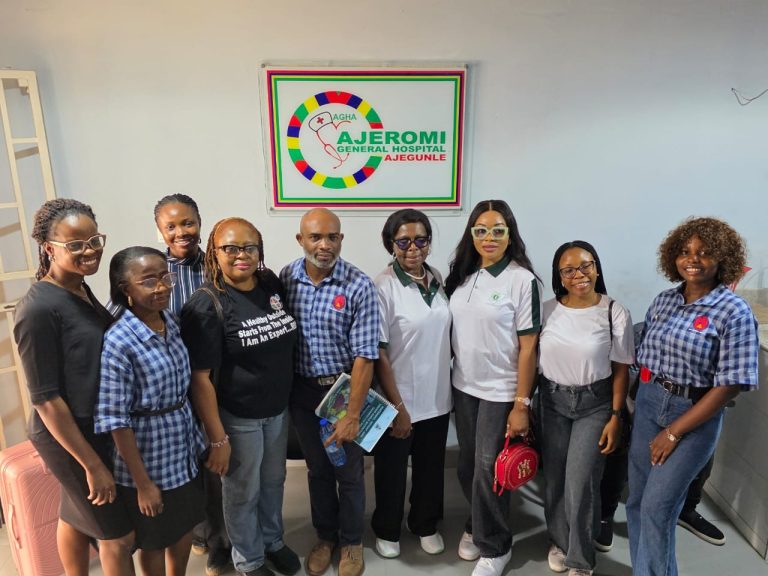This episode of ‘Blackie, Yam-leg and lefty’ shares stories of young adults and teenagers who narrated their experiences of body shaming in their teenage years. It gives insight into the impact of intentional parenting and positive self-talk and words of affirmation on children and their overall well-being.
One of the misconceptions about modern-day parenting is that parents tend to bring up their children in the same way they were trained by their parents. Most of these parents are oblivious to the emotional effect this may cause their children. Some of the acclaimed reasons for this action is that they turned out better in self-appraisal.
This episode highlights the story of a 16-year-old who was called ugly by her mother. There is no standard of being beautiful, handsome and the likes.
A young lady in this episode narrated her ordeal and experience of face shaming because she believed she had big facial features. This triggered a dislike for her facial features. Owing to her passion for media specifically broadcasting, her dislike of her facial features prevented her from going into broadcasting.
Some of the things that triggered her insecurity was being teased by a friend for having a big nose. Eventually, the facial shaming influenced her decision to go behind the camera after completing the NYSC program.
Having watched a lady broadcasting on a channel, rekindled her passion for broadcasting and being on TV. Her experience points to the misconception of certain standards for being on TV.
Another story shared was a young woman who narrated the impact of positive self-talk on overcoming body shaming. One of the ways to overcome body shaming is to make a conscious decision to choose what to listen to. Avoiding people who run down people’s images and make them feel depressed.
As humans, we have the liberty to walk away from toxic and unhealthy conversations that could affect our self-esteem and self-confidence.
When we make conscious efforts towards avoiding body shaming that could lead to depression we would attract more people to ourselves. In essence, love God, love yourself and be more deliberate.
Family is an important part of every individual’s overall well-being. However, one’s family may not be one’s healthy support system. Family is the primary unit of building healthy self-esteem while the secondary unit is the school environment.
A dysfunctional family system would affect a child’s self-esteem. Most parents are more academic-driven and pay less attention to other soft skills such as critical writing, and emotional intelligence. One of the ways to improve children’s self-esteem is through introducing mental health modules in schools on anxiety management, depression, and drug abuse. Mental health education such as critical thinking and resilience should be part of the school’s curriculum.
One of the unhealthy comments that often affect an individual’s self-esteem is verbal abuse which evokes a lot of emotions. A child that has been verbally abused for a long time tends to exercise a low level of self-esteem and self-confidence. Words said cannot be retrieved back because words are powerful and the wrong use of them can affect the mental state of anybody. Verbal abuse is sometimes evident in workplaces where people affected usually leave their jobs because of bad employers.
WAYS TO HELP A TEENAGER BUILD A HEALTHY SELF-ESTEEM
•Help the child have a positive outlook on life: The mindset of a child or teenager is very important. Parents and guardians should ensure that their children’s past experiences don’t define them and don’t portray them as bad. One of the ways to achieve this is by helping them to be free from the guilt of bad experiences.
•Help the child detox the negative energy and invite in the positive gradually.
•Words of affirmation.
•Forgive themselves.
•Coaching, counselling and therapy.
It is important to note that living on the foundation of trauma could make an individual derail from his/her destiny. Having a positive outlook on life and positive self-talk could help avoid low self-esteem.











